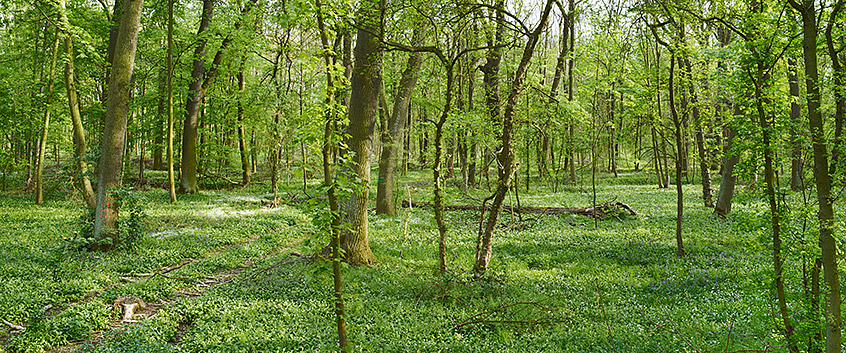
Department of Conservation Biology & Social-Ecological Systems
How can we improve the conservation and sustainable use of biodiversity? How do the loss of habitats and fragmentation affect animal and plant species? What impact do land use and climate change have on them? How will the restoration of floodplains affect plants and animals? How can we ensure the multifunctionality of floodplains? What can the concept of ecosystem services provide in this context? And how can we effectively convey the knowledge we gain to decision-makers and managers?
The challenges to nature conservation are today more complex than ever: the protection of animals, plants and ecosystems needs to be brought closer into line with the requirements of society – in the form of agriculture and forestry and in many other sectors. The growing need for renewable energy in the last decade has sharpened this conflict even more. Conservation biology must not only address its objects – plants, animals and ecosystems – but also take into account the many ways in which humans use nature.
Our research is based on a broad portfolio of competencies. Expertise in biology and the natural sciences, in the social sciences and communications is brought to bear on ecological field research, genetic methods, pattern analysis and modelling (of populations, for example). This allows results from our research to be discussed with stakeholder groups in society and strategies for human-wildlife conflicts to be developed. The Department also makes this expertise available more widely in the community for the purposes of discussion on biodiversity issues. Our expertise is organised into four working groups: “Conservation Oriented Population Ecology”, “Floodplain Ecology”, "Governance of Biodiversity and Nature Conservationand" and “Biodiversity Science Policy Interface”.
In our work, we combine basic and applied research in order to address the needs of conservation as well as economic and societal challenges. Our main focus is on topics in Germany, but we also work together with numerous cooperation partners across Europe as well as in Australia and South America on matters of international significance.
More informationen
